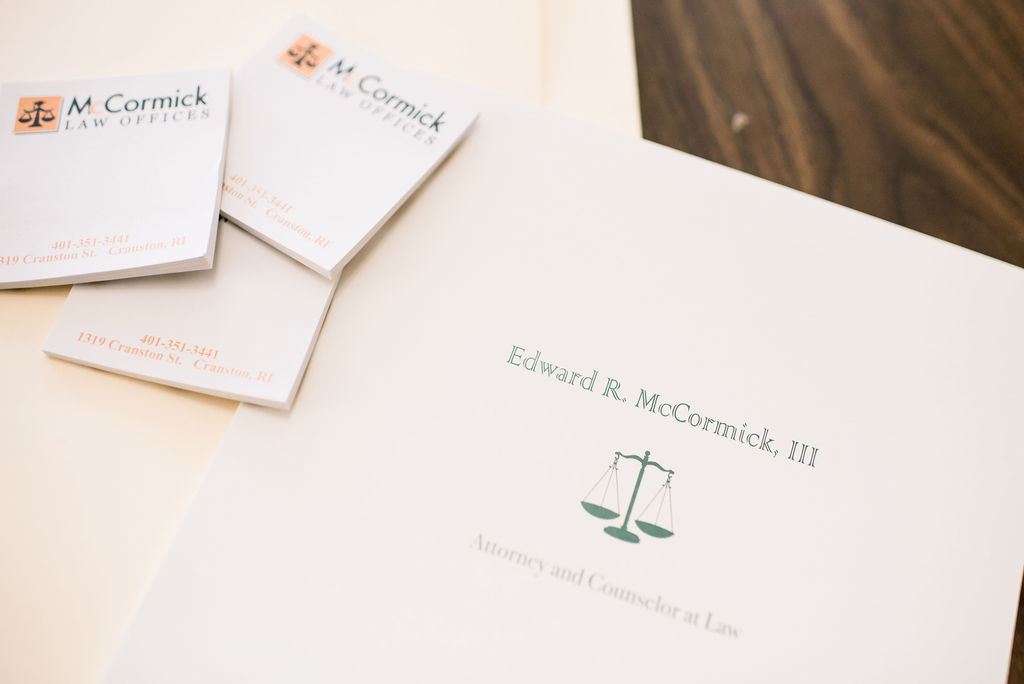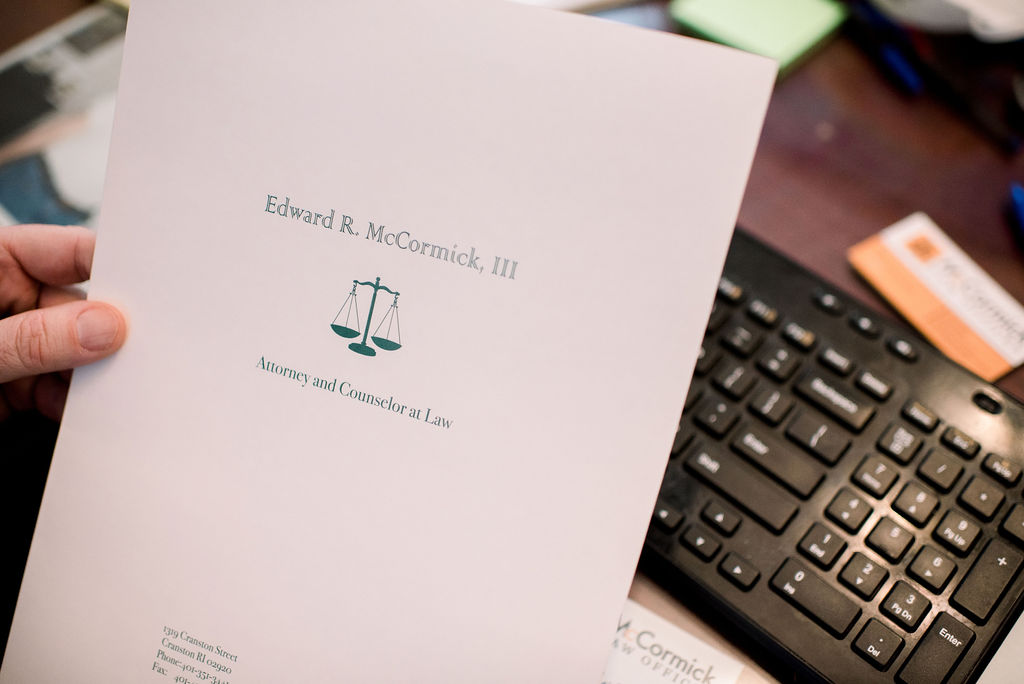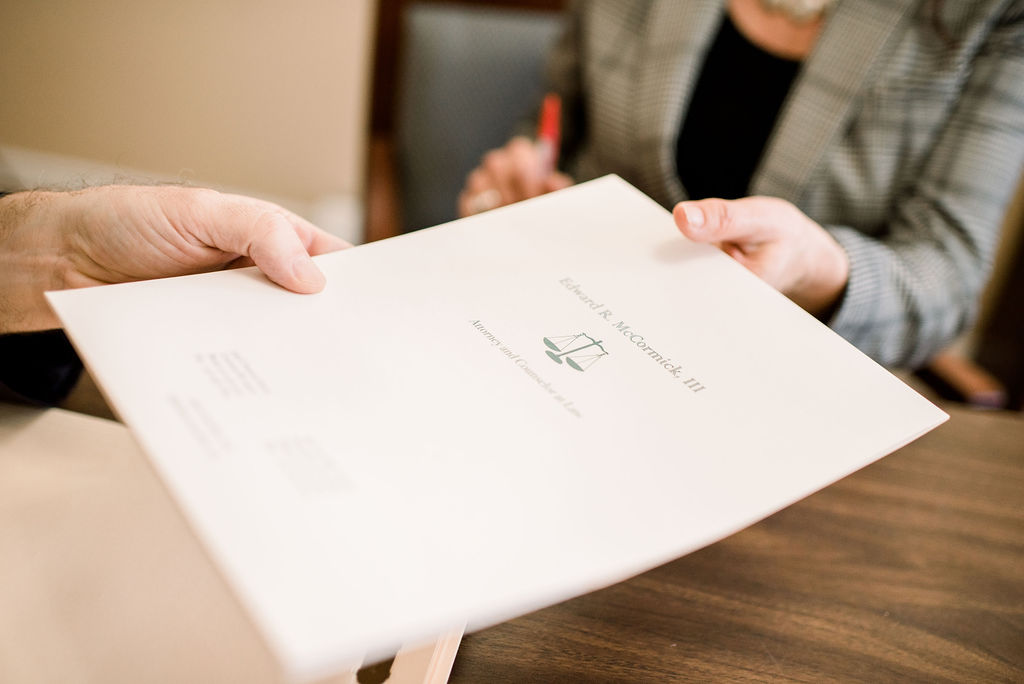Many families are surprised to learn that after a loved one dies, their estate must go through probate, a court-supervised process for transferring assets. While probate has its place, it can be time-consuming, costly, and emotionally taxing. The good news is that with the right planning, you can often avoid probate in Rhode Island—or at least significantly minimize it.
What Is Probate, and Why Avoid It?
Probate is the legal process of validating a will, paying off debts and taxes, and distributing assets to heirs. It’s handled by the municipal probate court in the decedent’s city or town.
While probate ensures fairness and oversight, it has drawbacks:
- Public record of your estate and beneficiaries
- Delays that can last months or even over a year
- Court fees and administrative costs
- Emotional and logistical stress for family members
Many people prefer to avoid probate so their assets can pass to loved ones directly and privately.
Strategies to Avoid Probate in Rhode Island
1. Create a Revocable Living Trust
A living trust is one of the most powerful tools for avoiding probate. When you transfer assets into the trust, they are no longer considered part of your probate estate.
- You retain full control during your lifetime
- Upon death, your successor trustee distributes assets without court involvement
- Assets in the trust avoid delays and remain private
Real estate, bank accounts, and investments can all be placed in the trust.
2. Use Joint Ownership with Right of Survivorship
Assets owned jointly with another person (e.g., a spouse or adult child) typically pass automatically to the surviving owner.
Common examples:
- Joint bank accounts
- Jointly titled real estate
- Vehicles with joint registration
Be cautious—joint ownership can affect taxes and expose assets to the co-owner’s liabilities.
3. Designate Beneficiaries on Accounts
You can name beneficiaries directly on certain accounts using:
- Payable-on-death (POD) designations for bank accounts
- Transfer-on-death (TOD) registrations for securities
- Named beneficiaries on retirement accounts, life insurance, and annuities
These assets transfer outside probate and go directly to the designated person.
4. Use Small Estate Procedures (When Applicable)
If an estate is worth less than $15,000 and doesn’t include real estate, it may qualify for Rhode Island’s simplified small estate process. This streamlined option reduces paperwork and processing time but doesn’t apply to every situation.
What Can’t Be Avoided?
Even with strong planning, some assets or legal issues may still trigger probate, such as:
- Real estate solely in the decedent’s name
- Assets without beneficiaries or joint owners
- Disputes between heirs
- Debts or taxes requiring court approval
A well-structured estate plan minimizes these issues and reduces what goes through probate.
Should You Avoid Probate?
Avoiding probate isn’t always necessary—but it can be a smart decision if you want:
- Faster asset distribution
- Lower legal and court fees
- More privacy
- Reduced stress for loved ones
An experienced estate planning attorney can review your financial picture and recommend strategies that align with your goals.
Explore Probate & Estate Services
Related Reading
Learn more about estate administration and planning in Rhode Island:
Final Thoughts
If your goal is to avoid probate in Rhode Island, proper planning is essential. Trusts, joint ownership, and beneficiary designations can streamline the process and give your family peace of mind. At McCormick Law Offices, we help clients create clear, legally sound estate plans that protect both their assets and their loved ones.
Want to keep your estate out of probate court?
Contact McCormick Law Offices for personalized estate planning solutions in Rhode Island and Massachusetts.







